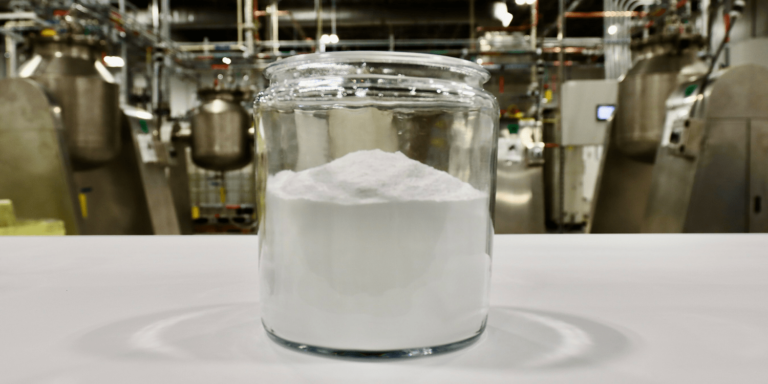A large lithium deposit has been discovered in an extinct volcanic crater on the border of the US states of Nevada and Oregon. The deposits, spread over the area around Thacker Pass, hold 20 to 40, with a maximum of 120 million tons of lithium.
The lithium mine at Thacker Pass is a project of Lithium Nevada, LLC – a wholly owned subsidiary of Lithium Americas Corp, whose largest shareholder is the world’s largest lithium mining company, Chinese Ganfeng Lithium. Although there has been significant exploration of Thacker Pass since 2007, the new findings have revealed particularly high-grade lithium deposits.
The new discovery was made by a team from Columbia University with findings published in the scientific journal Science Advances. The deposits are said to contain up to 2.4 per cent lithium by weight, which is supposed to be more than ever documented. The site of the discovery is an extinct volcanic crater in the Thackers Pass area called the McDermitt Caldera in northern Nevada.
Researchers are calling it a new type of lithium deposit because lithium is usually found either in the brine and sediments of salt lakes, such as in Latin America, most notably in Chile and Bolivia, or lithium-bearing silicate minerals ‘hard-rock’ deposits, such as in Australia and Africa.
In the McDermitt Caldera, various favouring factors are said to have come together, and the discovery team hopes that the knowledge gained there will help to find similar lithium deposits (so-called “caldera systems”) in other places in the medium term. A high proportion of illite has been noticed in the McDermitt Caldera, a phyllosilicate with lithium intercalated between silica layers.
Mining could begin as early as 2026, according to geologists at Lithium Americas Corporation. While the report claims the deposits to be the largest so far found in the world, conservationists have tried to stop mining in the region, fearing violations of environmental laws and threats to fragile ecosystems. Conservationists are supported by Native American activists, as Thacker Pass is a sacred place for local tribes. The concerns voiced have cited rushed environmental review, threats to critical wildlife habitat, disruption of cultural sites, and links between resource extraction and missing and murdered indigenous women.
The report in Scientific American states that the deposits could be equal in size to, but probably considerably larger than, the largest lithium deposit on Earth to date in Bolivia’s Salar de Uyuni.
The race to find local lithium deposits worldwide has shifted into high gear as world governments define industrial policies to secure supply chains of battery materials to serve the global shift off fossil fuels.
Australia is the largest producer of lithium, where Tesla is currently threatening legal action against the Australian producer Core Lithium over a failed lithium supply contract if the matter cannot be otherwise resolved. Tesla is also sourcing lithium from China’s Yahua Industrial Group, with whom the American carmaker recently renewed a contract to supply lithium for its electric car batteries for another five years until 2030.
The race for lithium is causing new geopolitical manoeuvres across the globe. Europe’s largest potential lithium deposits in Ukraine’s Donbas region are currently out of reach of European battery makers because of Russia’s ongoing invasion of the country in 2022. While lithium deposits are a boon to industrial activity in any nation, the extraction processes are currently massively dominated by Chinese companies, where the push to transition to electric vehicles preceded Europe and the States by about a decade.



